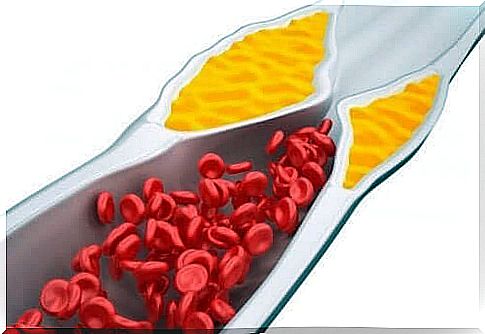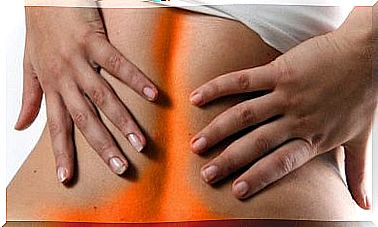Presentation And Use Of Rosuvastatin
Rosuvastatin is a medicine that is used to lower cholesterol levels and to prevent the progression of atherosclerosis in adults. It is generally well tolerated, although side effects may occur in some patients.

Rosuvastatin is a medicine which belongs to the group of medicines called statins. It is indicated to reduce both total cholesterol and LDL cholesterol levels. In addition, it helps prevent cardiovascular events.
It is used to decrease the progression of atherosclerosis in adult patients. In this way, we prevent and reduce the risk of myocardial infarction, stroke and other cardiovascular diseases.
What is the mechanism of action of rosuvastatin?

We have bad LDL cholesterol and good HDL cholesterol in our blood. Rosuvastatin works by lowering bad cholesterol levels and increasing good cholesterol levels. To achieve this, it blocks the production of bad cholesterol and improves the body’s ability to eliminate it from the blood.
If high cholesterol levels are not treated, fatty deposits can form on the walls of blood vessels, leading to atherosclerosis. Atherosclerosis is a disease that causes the arteries to narrow, which can block and prevent blood from reaching the heart or brain normally.
Treatment with rosuvastatin lowers cholesterol levels and therefore reduces the risk of developing cardiovascular problems. However, even if one reaches the correct cholesterol levels, one should not abandon the treatment. Rosuvastatin prevents cholesterol levels from rising again.
How to take rosuvastatin?
For the administration of rosuvastatin, you should follow the instructions given by your doctor. You can take this medicine at any time of the day, with or without food. The usual starting dose for an adult with high cholesterol levels is 5 or 10 mg.
The choice of dose will depend on cholesterol levels, as well as the cardiovascular risk to which the person is prone. However, the doctor will start treatment with the 5 mg dose in the following cases:
- If you are of Asian descent.
- Over 70 years old.
- If you have kidney problems.
- If you are at risk for muscle cramps.
If needed, your doctor may increase the dose up to 20 mg and then up to 40 mg, with an interval of four weeks between each dose adjustment.
The maximum daily dose of rosuvastatin is 40 mg. It is only used in patients with high cholesterol levels and at high cardiovascular risk, for whom the 20 mg dose is not enough to lower cholesterol levels.
However, the starting dose of rosuvastatin to lower the risk of stroke, stroke, or heart disease is 20 mg per day. It is important to do regular cholesterol checks to see if they have normalized and are maintaining adequate levels.
Possible side effects
Rosuvastatin can have side effects like all medicines, although not everyone will experience them. They are often light and go away quite quickly.
You should stop taking this medicine if you experience an allergic reaction as well as difficulty in breathing, swelling of the face, lips, tongue or throat, and severe itching of the skin.
Also, see your doctor if you experience unwarranted muscle pain and cramps that last longer than normal. Muscle symptoms are more common in children and adolescents than in adults.
Common side effects include headache and stomach ache, constipation, nausea, muscle pain, and weakness. Uncommon adverse effects are skin reactions and increased protein in urine with daily doses of 5 mg, 10 mg and 20 mg.
Rare and very rare side effects that may occur in patients treated with rosuvastatin are:
- Serious allergic reactions.
- Muscle injuries.
- Intense stomach pain.
- Increased transaminases.
- Jaundice and hepatitis.
- Tendon injury.
- Memory loss.
- Damage to the nerves of the legs and arms, with numbness.
Rosuvastatin treatment is generally well tolerated, although it can sometimes be associated with serious side effects and adverse events such as myalgia, myopathy and increased serum transaminases.
There is a significant percentage of patients who use statins and drop out of treatment. This is due to their side effects, and particularly myalgia.
Conclusion
Rosuvastatin is the most effective statin currently available for lowering total cholesterol and LDL. It has also proven its effectiveness in the treatment of atherosclerotic plaques in the coronary and carotid arteries.









